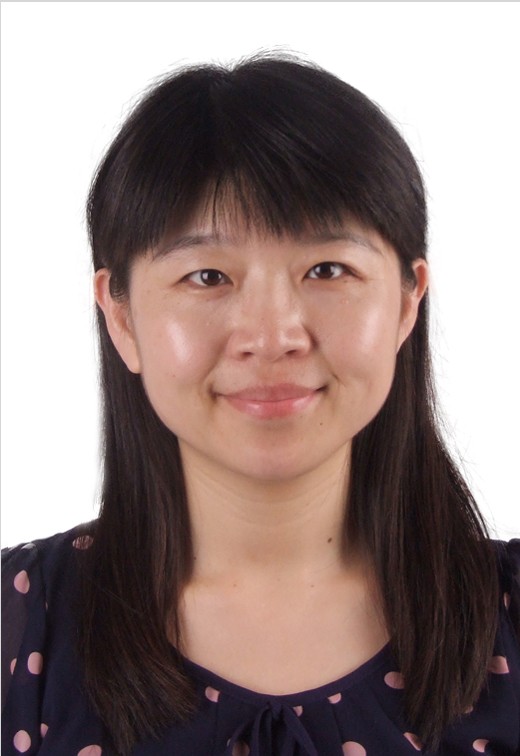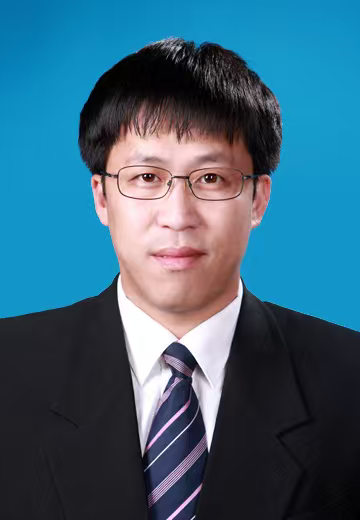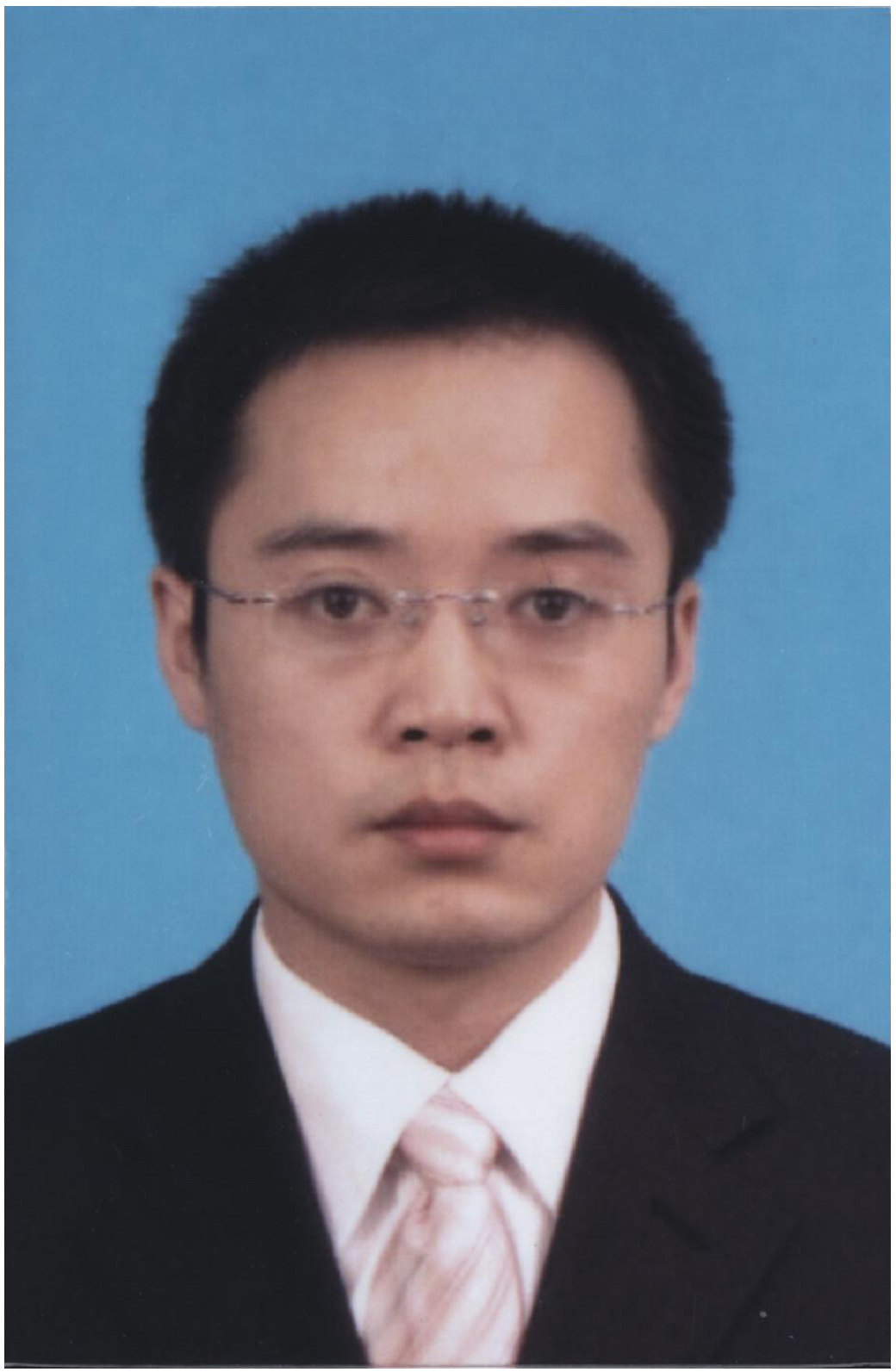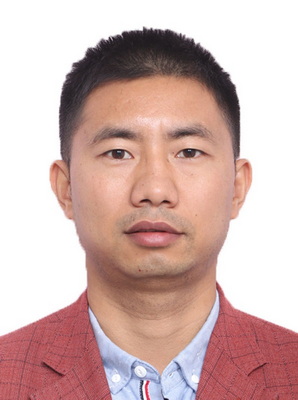Prof. Yun Lin
Harbin Engineering University
Yun Lin (M'14, SM'23) received the B.S. degree from Dalian Maritime University, Dalian, China, in 2003, the M.S. degree from the Harbin Institute of Technology, Harbin, China, in 2005, and the Ph.D. degree from Harbin Engineering University, Harbin, China, in 2010. He was a research scholar with Wright State University, USA, from 2014 to 2015. Now, he is currently a full professor in the College of Information and Communication Engineering, Harbin Engineering University, China. His current research interests include machine learning and data analytics over wireless networks, signal processing and analysis, cognitive radio and software defined radio, artificial intelligence and pattern recognition.
He had published more than 200 international peer-reviewed journal/conference papers, such as the IEEE TSP, TITS, TCOM, IoT, TVT, TCCN, INFOCOM, GLOBECOM, ICC. He is serving as editors for the IEEE Transactions on Cognitive Communications and Networking, IEEE TRANSACTIONS ON RELIABILITY, IEEE Internet of Things, Digital Communications and Networks. He serves as GC2022 co-chair of Mobile and Wireless Networking Symposium, General Vice Chair of VTC-2021 Fall, General Chair of ADHIP 2023 and Mobimedia 2022, and TPC member of GLOBECOM, ICC, VTC, ICCC. He has gotten the best paper of ICCC 2023, ICCT2023, Mobimedia 2022, ADHIP 2021, CSPS 2018. He is a recipient of IEEE Outstanding service award of Trustcom 2021, IEEE Outstanding Track Chair Award of MASS 2021. He has been selected as IET Fellow in 2024.
Title: Radio-Frequency Machine Learning Techniques and Applications for Maritime Low-Resource Platforms
Abstract:
Building a powerful maritime nation has risen to the level of national strategy, and achieving maritime electromagnetic-spectrum monitoring and management is a critical component of the “digital” and “intelligent” ocean. The electromagnetic spectrum is indispensable for the operation of command, communication, and information systems. Maritime spectrum sensing relies on numerous sensing nodes, but, constrained by size, power, and cost, these nodes possess severely limited computational and storage resources, precluding the deployment of high-performance deep learning models. Consequently, capabilities for spectrum sensing, recognition, and control remain severely inadequate, rendering the development of spectrum-sensing models for resource-constrained environments a challenging research topic. This report systematically articulates, from the perspectives of data, models, and architecture, the concept of low-resource radio-frequency machine learning, the state of the art at home and abroad, the pertinent theoretical foundations and technological framework, and the key pathways for implementation. Our team is developing related devices and systems to enhance spectrum sensing and management capabilities for future unmanned maritime swarms.

Prof. Tianzhen Wang
Shanghai Maritime University
Dr. Tianzhen Wang is full professor at Shanghai Maritime University, she is also the Research Affiliate and Doctoral Supervisor at the Institute de Recherche Dupuy de Lôme (IRDL) of France. Her research interests include Control and Fault Diagnosis of Marine Energy Generation System. And she is the IEEE senior member, committee member of the IEEE Energy Storage Technology Committee, committee member of the National Ocean Energy Conversion Equipment Standardization Technical Committee, Committee member of the CAA Fault Diagnosis and Safety of Technical Process Specialized Committee, and convener of IEC/TC114 Advisory Group 2. And she has published more than 100 papers, 29 patents in China and the United States, 8 books, 5 national standards and IEC standard. She won the IEC 1906 Award, and was selected in Top 2% Global Scientists List for 4 years.
Title: Research on Fault Diagnosis Methods for Tidal Current Energy Conversion system
Abstract:
Tidal current energy is green, renewable, with stable energy output and high energy density. However, the complex marine environment results in high operation and maintenance (O&M) costs, which has become one of the key factors impeding its popularization and application. Therefore, ensuring the efficient and reliable operation of tidal current energy conversion system is of great practical significance. This report presents the detection and diagnosis methods proposed by the our research team for blade adhesion damage, insulation system temperature rise, and inverter system of tidal current turbines under harsh sea conditions such as random turbulence and surges.

Prof. Shuzheng Sun
Harbin Engineering University
Shuzheng Sun, male, born in 1982, holds a Ph.D. in Engineering. He is a professor, doctoral supervisor, and vice dean at the Yantai Research Institute of Harbin Engineering University, specializing in ship and offshore engineering research and teaching. He serves as the Associate Editor of the journal ‘Ships and Offshore Structure’, a member of the CFD subgroup under the Ship Hydrodynamics Committee of the China Society of Naval Architects and Marine Engineers, an editorial board member of the journal ‘China Offshore Platform’. As the principal investigator, he has led over 20 national and provincial-level research projects, authored one textbook, published more than 50 academic papers, and secured 5 invention patents, 1 international patent, and 6 national software copyrights.
Title: Research on Extreme Value Prediction Methods for Ship Motions under Severe Sea Conditions
Abstract:
With the continuous increase in ship tonnage and the expansion of navigational areas, ships encounter increasingly severe sea conditions. Accurate prediction of the extreme values of ship motions under such harsh conditions is crucial for the safety of ship navigation and operations. This report proposes several extreme value prediction methods for ship motions, including methods based on spectral analysis, methods based on Volterra series, and methods based on large-scale model tests of offshore environments. The characteristics of these methods are summarized to provide guidance for ship design and navigational safety.



